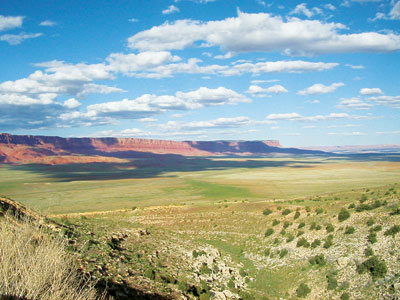All Nonfiction
- Bullying
- Books
- Academic
- Author Interviews
- Celebrity interviews
- College Articles
- College Essays
- Educator of the Year
- Heroes
- Interviews
- Memoir
- Personal Experience
- Sports
- Travel & Culture
All Opinions
- Bullying
- Current Events / Politics
- Discrimination
- Drugs / Alcohol / Smoking
- Entertainment / Celebrities
- Environment
- Love / Relationships
- Movies / Music / TV
- Pop Culture / Trends
- School / College
- Social Issues / Civics
- Spirituality / Religion
- Sports / Hobbies
All Hot Topics
- Bullying
- Community Service
- Environment
- Health
- Letters to the Editor
- Pride & Prejudice
- What Matters
- Back
Summer Guide
- Program Links
- Program Reviews
- Back
College Guide
- College Links
- College Reviews
- College Essays
- College Articles
- Back
Organic Food
Most people have heard the term Organic and probably know that is has to do with food. However most people do not really know what “Organic” means and the benefits behind it. The word Organic refers to the way farmers grow and process various agricultural products such as: fruit vegetables, grains, dairy products and meat. Organic farming encourages soil and water conservation, it also aims to reduce pollution. There are many benefits behind Organic farming and Organic food. Organic foods are produced without the use of pesticides and other chemicals, they have higher levels of vitamins and beneficial nutrients and Organic farming saves energy.
Foods that are not Organic negatively affect our health, which is the problem because most people don’t know what non-organic foods do. Research has been done that linked pesticides and chemicals used in conventional farming to cancer. 60% of all herbicides, 90% of all fungicides and 30% of all pesticides are carcinogenic, (any substance or agent that tends to produce cancer). If that many of the chemicals that farmers are putting on and in our foods are carcinogenic, then those chemicals are likely be a big factor in increasing number of people with cancer.
Non-Organic farmers are exposed to a very high concentration of agricultural chemicals that are very harmful to them. Those chemicals then get into our food which can be very harmful to us. If substances kill weeds and plants they certainly don't belong in our bodies. Organic food is significantly safer for consumption than food grown conventionally. Farmers also give the animals they raise antibiotics and growth hormones to prevent disease. Those medications affect the food that we eat, some of them have been found to increase cancer risk. On the other hand, Organic farmers apply natural fertilizers such as manure or compost to feed the soil and plants. They give animals organic feed and allow them access to the outdoors instead of having them cooped up. They give them a balanced diet and clean housing to help minimize disease instead of giving them medication.
Organic food isn't just better for farmers, consumers and animals. Organic farming is also a lot better for the environment. Non-organic foods are affecting our water and air quality. Pesticides, herbicides and other dangerous chemicals are being found in water supplies. The chemicals aren't just put on our foods, they are now being consumed by millions of people through our water supply. Organic farming also saves energy and it is accomplished with much less energy use. Lots of the chemicals put on non-organic foods have to be made and packaged by using energy. Therefore, since Organic farmers use natural matter for fertilizers, there is no need for extra energy consumption. By using less energy Organic systems contribute less to green house gas emissions and burn less fossil fuels, which then leads to cleaner air and a better environment.
We can all do something for our environment. By recycling, turning off light switches, changing a light bulb to a CFL, buying energy efficient cars, watering the grass in the evening, planting a tree, but also by buying Organic food. Most people don't know how much Organic food can help our environment, but it really can. It doesn't just benefit the environment, it will also benefit you. Hopefully from the information I have provided, you know how spending a few extra cents on Organic food can benefit your health, our air and water supply, and the environment.

Similar Articles
JOIN THE DISCUSSION
This article has 2 comments.
